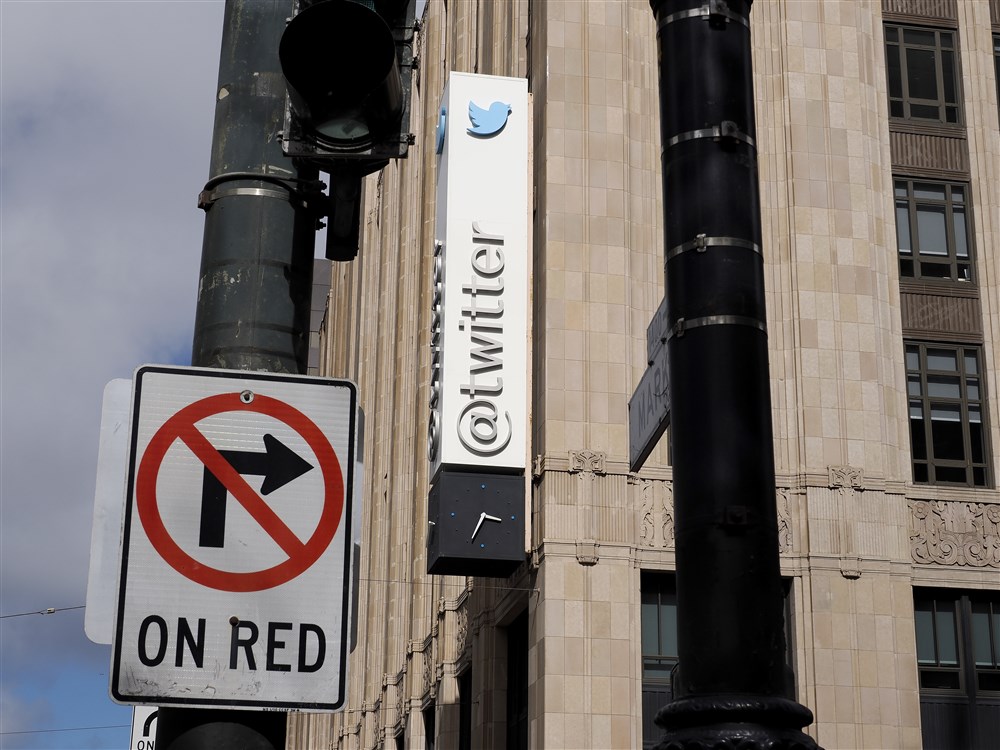Paedophiles have been given free rein on Instagram, it has been revealed. Horrified European Union officials are demanding action.
The revelations came in a scathing article in The Wall Street Journal, researched with the help of senior academics, about the prevalence of paedophile content on Instagram, the hugely popular social network site owned by Facebook operator Meta. The report said that the site enables child abusers to connect to and promote a vast network of accounts openly devoted to the commission and purchase of content specifically related to underage-sex.
Observers say that proves Meta’s voluntary child protection code is, to all intents and purposes, failing on an enormous scale.
EU industry chief Thierry Breton is set to meet Meta Platforms’ owner and Facebook founder Mark Zuckerberg on June 23. Breton is already demanding immediate explanations and action from Zuckerberg and points out that Meta is obliged to demonstrate and operate online child-safety measures under the Digital Services Act (DSA) “or face heavy sanctions”.
The WSJ report shows paedophiles can use Instagram to connect with each other and how it guides them to explicit child-abuse content sellers via recommendation systems that excel at linking those who share niche interests.
The researchers found that Instagram enabled people to search explicit hashtags such as #pedowhore and #preteensex and link them up with accounts that used the terms to advertise child-sex material for sale. Such accounts often imply they are operated by children themselves and use overtly sexual handles incorporating repulsive titles such as “little slut for you”.
Instagram accounts appearing to offer illicit sex material for sale generally don’t publish that openly, instead posting “menus” of content. Certain accounts invite buyers to commission specific acts. Some menus include prices for videos of children harming themselves and “imagery of the minor performing sexual acts with animals”, researchers at the Stanford Internet Observatory discovered, as reported in the WSJ. At the right price, children are available for in-person “meet ups”, they found.
The paedophilic accounts on Instagram often incorporate superficial efforts to veil their activity, researchers found. Certain emojis function as a kind of code, such as an image of a map – apparently shorthand for “minor-attracted person” – or one of “cheese pizza”, which shares its initials with the term “child pornography,” according to Steven Levine, Professor and Chair Department of Philosophy University of Massachusetts Boston. Many Instagram paedophiles chillingly declare themselves as “lovers of the little things in life”.
Account holders identify themselves as “seller” or “s3ller,” and often state their preferred form of payment in their bios. These seller accounts also publish a child’s purported age by saying they are “on chapter 14,” or “age 31”, for instance, followed by an emoji of a reverse arrow.
A spokesperson for Meta said it has strict policies and technology in place to prevent predators finding or interacting with underage individuals on its apps.
She said Meta teams had dismantled 27 abusive networks between 2020 and 2022, while in January this year it had disabled more than 490,000 accounts for violating its child-safety policies.
“We’re continuously exploring ways to actively defend against this behaviour,” she insisted, adding, “and we set up an internal task force to investigate these claims and immediately address them.”
Alex Stamos, the head of the Stanford Internet Observatory, and Meta’s chief security officer until 2018, said: “That a team of three academics with limited access could find such a huge network should set off alarms at Meta,” noting that the company has far more effective tools to map its paedophile network than outsiders do. “I hope the company reinvests in human investigators,” he added.
The shocking WSJ article will fuel increased EU scrutiny of social media companies. Already, certain types of targeted advertisements are prohibited by the DSA on online platforms. These includes adverts aimed at children and those that involve the use of specific categories of personal data, such as ethnicity, political views, and sexual orientation.
In case of breaches, the DSA can impose fines of up to 6 per cent of a company’s global turnover.
Extremely concerning pic.twitter.com/PLz5jrocvv
— Elon Musk (@elonmusk) June 7, 2023





